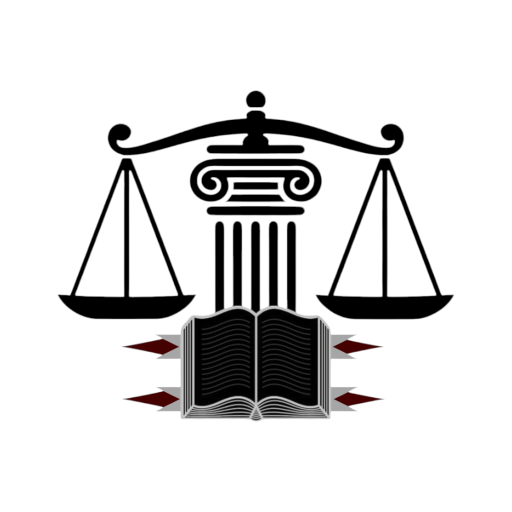Introduction
The Constitution of 1973 was approved by the National Assembly on April 10, 1973. It was signed by the President on April 12, 1973, and officially came into effect on August 14, 1973. This constitution introduced several important features, many of which reflect the Islamic ideology of Pakistan.
Salient Features of the 1973 Constitution
1. Written Constitution
The 1973 Constitution is Pakistan’s third written constitution. It is one of the longest in the world, with a preamble and 280 articles divided into 12 chapters and 6 schedules. It clearly outlines the structure of the state and laws, reducing confusion and legal uncertainty.
2. Islamic Ideology
This constitution is strongly based on Islamic values. According to Article 1, Pakistan is declared an Islamic Republic. Islam is the state religion, and it is required that both the President and the Prime Minister must be Muslims. The Constitution encourages all citizens to follow the teachings of the Quran and Sunnah.
3. Federal System
The Constitution establishes a federal structure with a central government and four provincial governments: Punjab, Sindh, Khyber Pakhtunkhwa, and Balochistan.
4. Parliamentary Form of Government
Pakistan follows a parliamentary system where the Prime Minister is the head of government and the President is the ceremonial head of state. The Prime Minister and ministers are accountable to the National Assembly and stay in power only as long as they have its support.
5. Bicameral Legislature (Majlis-e-Shura)
The Parliament consists of two houses:
-
National Assembly (lower house): Directly elected for 5 years.
-
Senate (upper house): Represents provinces and is indirectly elected for 6 years.
Both houses share legislative powers, but the National Assembly holds more influence in financial matters.
6. Independent Judiciary
Judges of higher courts enjoy job security and can only be removed after an inquiry by the Supreme Judicial Council. This ensures the judiciary remains independent and free from political interference.
7. Balance Between Rigidity and Flexibility
The Constitution is neither too rigid nor too flexible. Amendments require a two-thirds majority in both the National Assembly and the Senate.
8. Rule of Law
All citizens are equal under the law. No authority can deprive a person of life, liberty, or property without legal justification. Courts have the power to protect these rights.
9. Fundamental Rights
The Constitution guarantees basic rights to all citizens, including:
-
Equality before the law
-
Security of life and property
-
Freedom of speech and religion
-
Right to association
-
Right to own property
-
Freedom to choose a profession
10. National Language
Urdu is the national language of Pakistan, but regional languages are also protected and promoted under the Constitution.
11. Direct Elections
Members of the National Assembly and Provincial Assemblies are elected directly by the people through voting.
Islamic Provisions of the 1973 Constitution
1. Name of the State
Pakistan is officially called the Islamic Republic of Pakistan.
2. State Religion
Islam is declared as the state religion of Pakistan.
3. Sovereignty Belongs to Allah
The Constitution states that all authority belongs to Allah. The people of Pakistan exercise this authority as a sacred trust, within the limits set by the Quran and Sunnah.
4. Definition of a Muslim
A Muslim is defined as someone who believes in the Oneness of Allah and in the finality of the Prophethood of Muhammad (PBUH).
5. Muslim Leadership Requirement
Only Muslims can hold the positions of President and Prime Minister.
6. Islamic Way of Life
The government is responsible for helping Muslims live according to the principles of Islam.
7. Social Justice and Moral Values
The state must work to promote social justice and eliminate evils like prostitution, gambling, and drug use. It must also ban the publication of obscene material.
8. Quranic Education
The Constitution makes it compulsory to promote the teaching of the Holy Quran and Islamic studies. Arabic language education is also encouraged.
9. Ties with Muslim World
Pakistan aims to strengthen its relations with other Muslim countries to promote Islamic unity.
10. Council of Islamic Ideology
This council advises the government on whether laws align with Islamic teachings. While its advice is not binding, it is taken seriously by lawmakers.
11. Accurate Printing of Quran
The government is responsible for ensuring the accurate and error-free printing of the Holy Quran.
12. Islamic Oath of Office
Government officials, including ministers, governors, and legislative speakers, take an oath to preserve and promote Islamic ideology.
13. Ahmadis Declared Non-Muslims
Through the second constitutional amendment in 1974, the Ahmadi and Lahori groups were officially declared as non-Muslims.
Conclusion
The Constitution of 1973 provides a strong foundation for both democracy and Islamic values in Pakistan. It outlines the structure of the state, guarantees fundamental rights, and ensures the promotion of Islamic teachings. It remains a central legal document that defines Pakistan\’s identity as an Islamic and democratic state.
